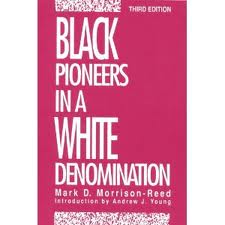Watching
Disney’s latest, surprisingly progressive,
blockbuster movie “Frozen” I realized that the Trolls are Unitarian
Universalists! Now stay with me for a moment and I’ll explain.
And since he belonged from childhood Kristoff knows what he is talking about when
he refers to them as love experts shortly after he meets Anna, and when she is
injured that is where he takes her. Unitarian Universalists try to raise our
children to know they can come to us about anything. And we offer Our Whole
Lives programs to teach children what it means to be a human and sexual being
on a intellectual, emotional, and physical level. So of course one of our children
could consider Unitarian Universalists love experts (and I mean not just a
physical and sexual love but love that goes beyond the intimate).
When
Kristoff takes Anna and Olaf to see the trolls they don’t actually believe the
trolls exist. How many times have you said you are a Unitarian Universalist
only to have someone say: “What’s that?”
The way
to fix problems in people’s lives is with love. And not just intimate love
(getting married) but they advocated a community based love.
Lyrics from “Fixer Upper” by Maia
Wilson part of the “Frozen” soundtrack.
“Everyone's a bit of a fixer-upper,
That's what it's all about!
That's what it's all about!
Father!
Sister!
Brother!
We need each other
To raise us up and round us out.
Everyone's a bit of a fixer-upper,”

To raise us up and round us out.
Everyone's a bit of a fixer-upper,”
And
we have a spiritual based recognition that no one is perfect but standing on
the side of love is always the best option:
Lyrics from “Fixer Upper” by Maia Wilson part of the “Frozen”
soundtrack.
“We're not sayin' you can change
him,
'Cause people don't really change.
We're only saying that love's a force
That's powerful and strange.
People make bad choices if they're mad,
Or scared, or stressed.
Throw a little love their way.
'Cause people don't really change.
We're only saying that love's a force
That's powerful and strange.
People make bad choices if they're mad,
Or scared, or stressed.
Throw a little love their way.
Throw a little love their way.
When
Anna is first injured by the ice the troll king says heads are easy to
convince. But to change hearts requires an act of true love. Love is where true
change happens. How many sermons have you heard that could be boiled down to that very subject?
And
last but not least… the trolls are rocks. They don’t go anywhere against their
will.






